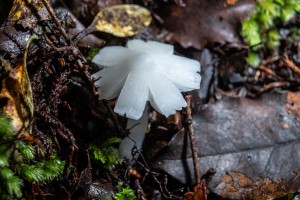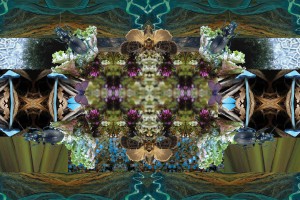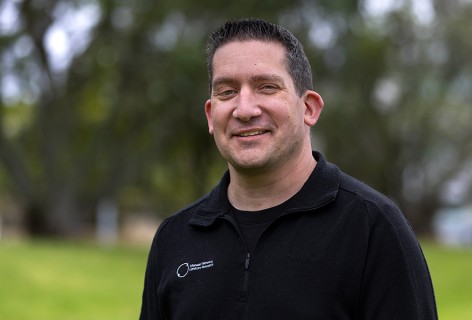International Collection of Microorganisms from Plants – Te Kohinga Moroiti o Aotearoa
In this section
-
Collections
- Allan Herbarium – Te Kohinga Tipu o Aotearoa
- New Zealand Arthropod Collection – Ko te Aitanga Pepeke o Aotearoa
- National Nematode Collection of New Zealand
- New Zealand Fungarium – Te Kohinga Hekaheka o Aotearoa
- International Collection of Microorganisms from Plants – Te Kohinga Moroiti o Aotearoa
- Te Kohinga Harakeke o Aotearoa – National New Zealand Flax Collection
- Tī Kōuka (cabbage tree) collection
Holdings
The ICMP (International Collection of Microorganisms from Plants) contains over 22,000 strains of living Fungi, Bacteria, and Chromist cultures. These are predominantly isolated from plants, insects, soil, and water that have been collected from natural and managed environments around the world. The collection also contains important reference and 'type' cultures of the world's plant pathogenic fungi and bacteria. Cultures are permanently stored frozen in liquid nitrogen. The ICMP laboratory is an MPI approved PC2 Containment Facility and a Transitional Facility for Microorganisms. The collection is registered as WDCM 589.
Use & research
ICMP cultures support Biosecurity and Biodiversity research, diagnostics, and teaching.
The ICMP has many cultures that cause plant diseases such as the kauri dieback pathogen and Psa pathogen of kiwifruit, the cultures enable scientists to study these diseases. The ICMP also has many cultures of New Zealand native fungi and bacteria and is one of the best collections in the world of southern hemisphere fungal biodiversity. The earliest recorded New Zealand culture dates back to 1927. The routine DNA sequencing of existing ICMP cultures is likely to continue to provide novel and unexpected data on New Zealand's fungal diversity.
Cultures can be deposited in the ICMP at no charge. Researchers do this to record new species, new host records, support publishing research findings and to provide a stable permanent resource for future research.
Cultures can be requested for use. A charge is made for the supply of cultures, this charge covers the costs of culture maintenance, supply, and added value, but does not include any fee for the actual organism itself.
Database
The information on all cultures in the ICMP are recorded in our web database, and include images, DNA sequences and scientific publication information.




